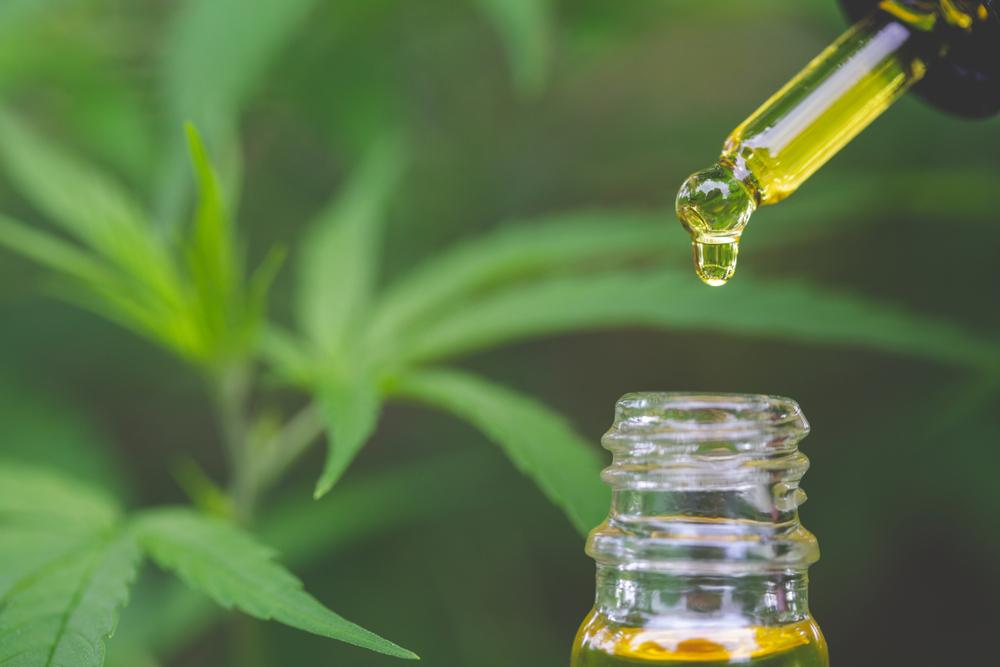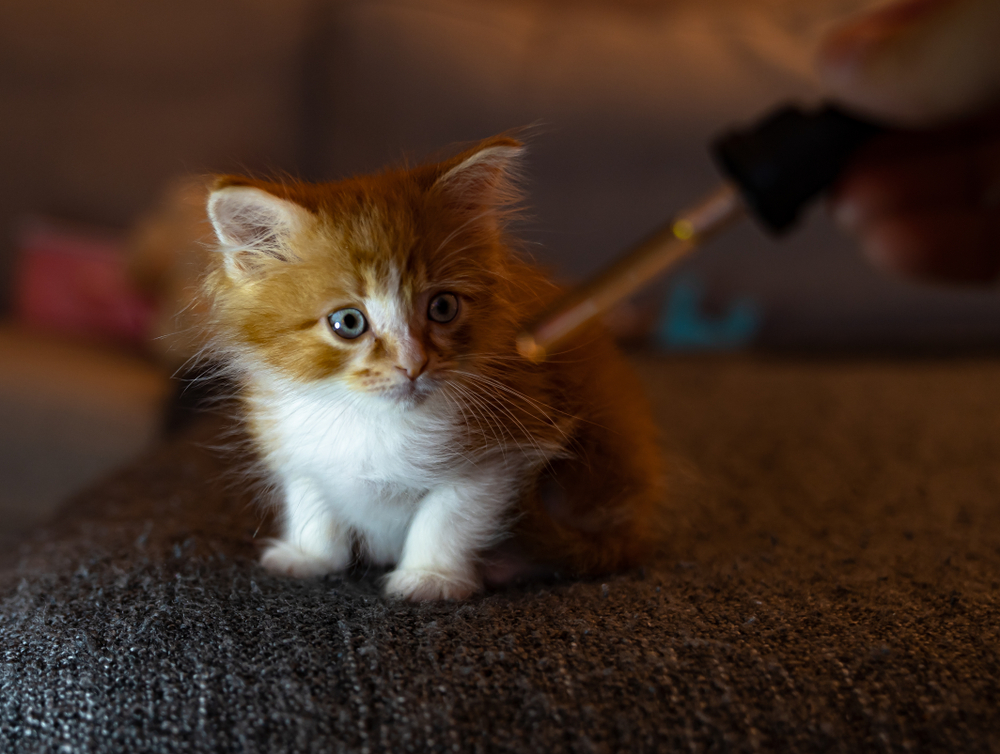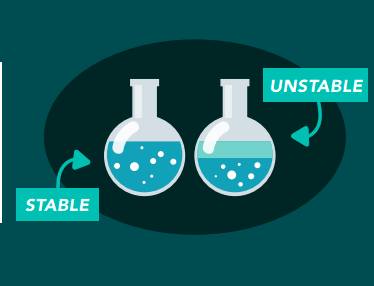SōRSE News & Blog
Home > News/Blog
More results...
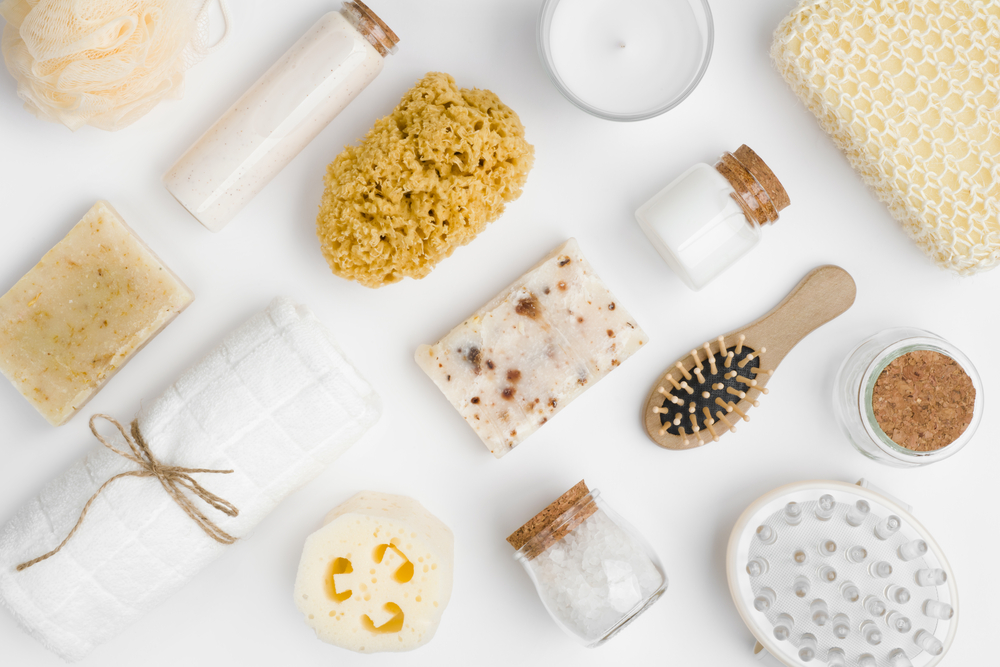
Water-Soluble Technology: The Solution For Personal Care Products
Learn about the benefits of water-soluble technology for personal care products!
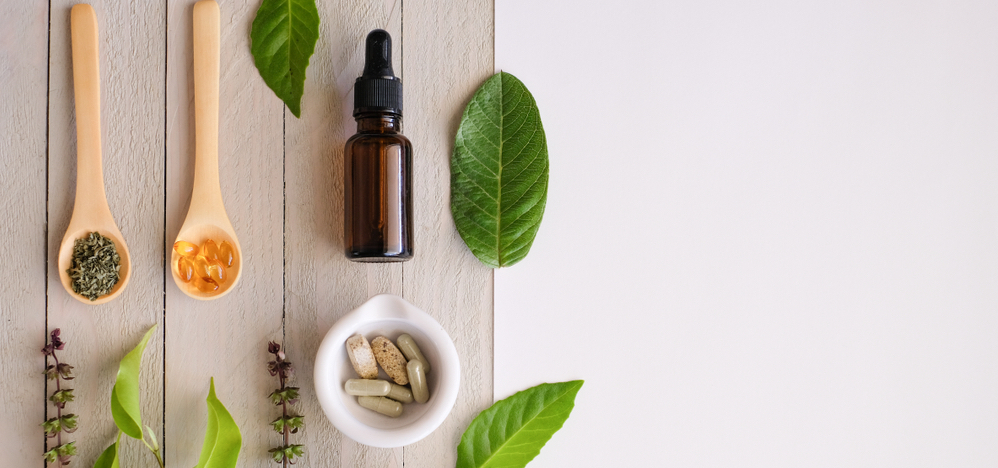
Emerging CBD Product Categories for 2021
Learn what product categories in the CBD space that we see growing rapidly.
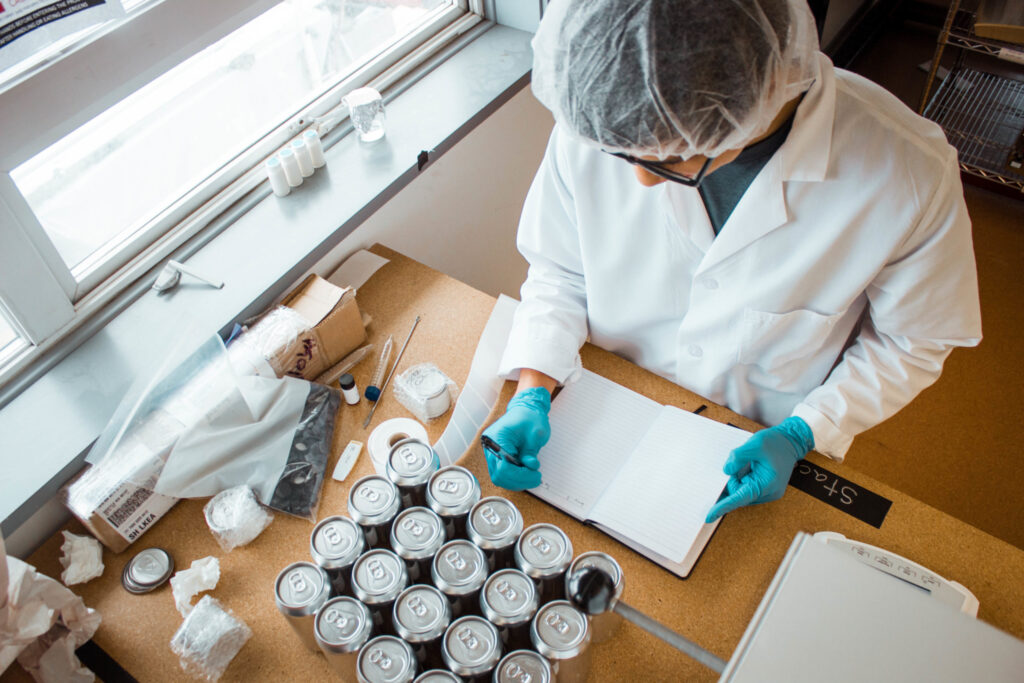
Food Dive: How SōRSE Technology is formulating CBD products in a pandemic
Check out SōRSE feature in Food Dive!

Webinar: State of CBD — Global Crisis Edition
Learn more about the state of CBD during the global crisis!

How 4/20 Can Be A Way of Life and Doesn’t Mean You’re High!
Read more about how the term “4/20” have shifted.
- « Previous
- 1
- 2
- 3
- Next »








